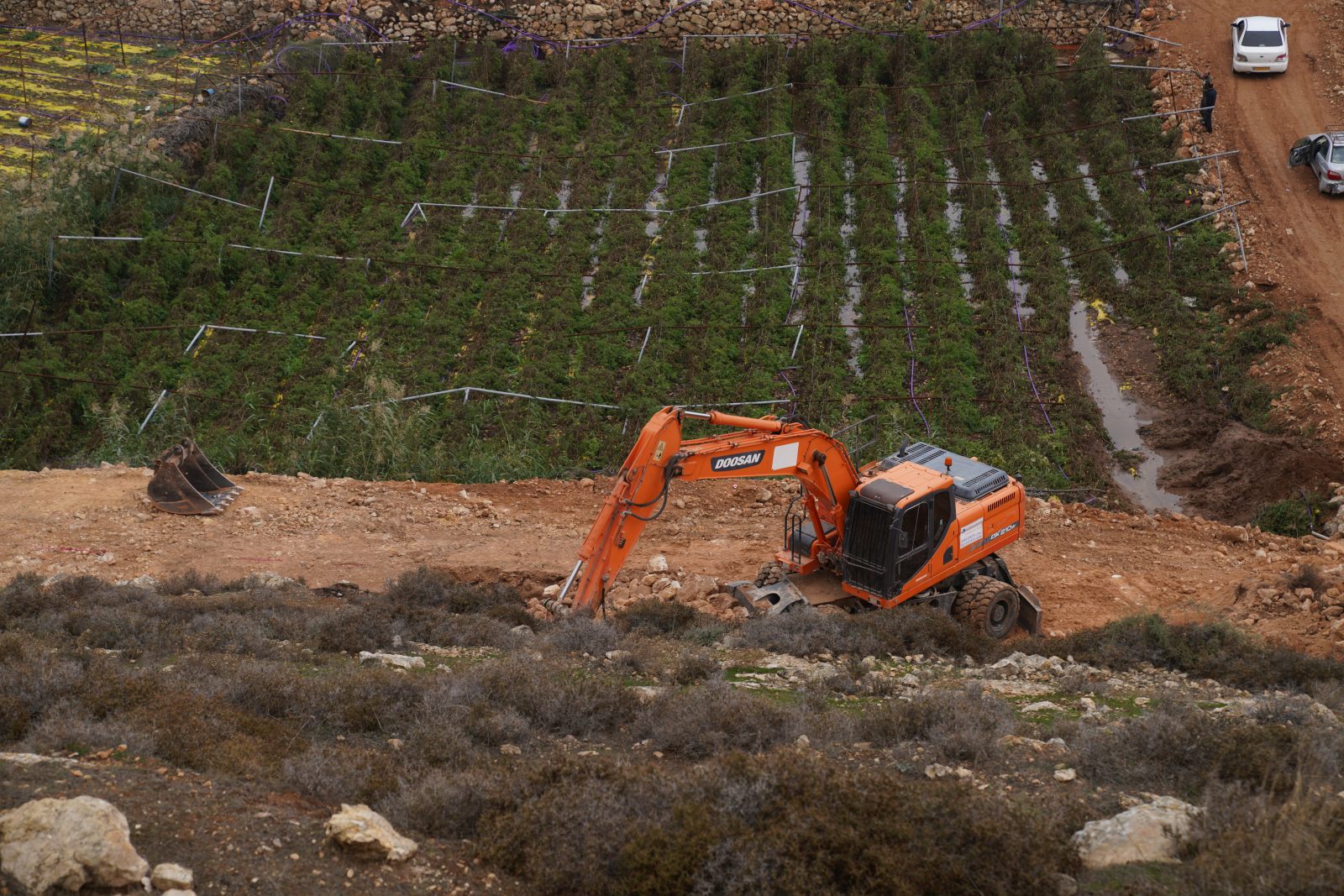The Matchmaker II project aims to demonstrate pilot agricultural Water-Energy-Food-Ecosystems (WEFE) Nexus solutions, providing additional improved higher-quality water resources and reducing energy costs and minimizing carbon footprint. Work is already underway in 3 farms in Al-Salt, Jordan and another 3 in Sa'ir, Palestine, where a new constructed wetland in each farm will provide tertiary treatment to wastewater from the Wadi Shuayb Wastewater Treatment Plant in Jordan and the Wadi Al-Arroub Plant in Palestine. The water will be subsequently pumped using renewable energy, through newly installed solar panels, to irrigate newly planted trees and supply clean energy source for farming operations. Currently, water for irrigation is provided by the Wastewater treatment plant secondary processing facility. Through this nature-based intervention, farms will have access to water suitable for irrigation, while the solar systems will cover the irrigation pumping costs for the farms, as well minimize the carbon footprint.

The waterproofing of a constructed wetland in Al-Salt, Jordan, in progress
Water-Food-Energy-Ecosystems Nexus connections supports the national economic and environmental development and protection intiatives to strengthening food security. The Nexus approach uses context specific natural solutions based on different levels of interventions to achieve long-term economic, environmental and social goals.

Newly installed solar panels in a farm in Al-Salt, Jordan. In order to irrigate the fields, treated wastewater will be pumped using newly installed solar panels
The MENA region in particular is challenged by natural conditions such as water scarcity and demographic change, unemployment including among the youth, poverty, changing consumption patterns including rising water and food demands, urbanization, growing energy needs, environmental degradation, climate change, gender disparities and more. The integrated ‘WEFE Nexus’ approach is a guide to producing sustainable environmental benefits, while creating employment opportunities in emerging technologies.

Works for the constructed wetlands have also begun in farms in the Sai’r North of Hebron, Palestine.
The Matchmaker II project’s main objective is to prove, through piloting, the integrated concept of applying Water-Energy-Food-Ecosystems (WEFE) Nexus technical solutions at the local level while capacitating priority beneficiary groups on employment options, offering measurable and scalable contributions for further application in UfM MENA countries, and assisting the UfM Water Agenda to enter and mark progress on tangible benefits at local level, while contributing to Sweden’s Strategy for MENA 2021-2025.
